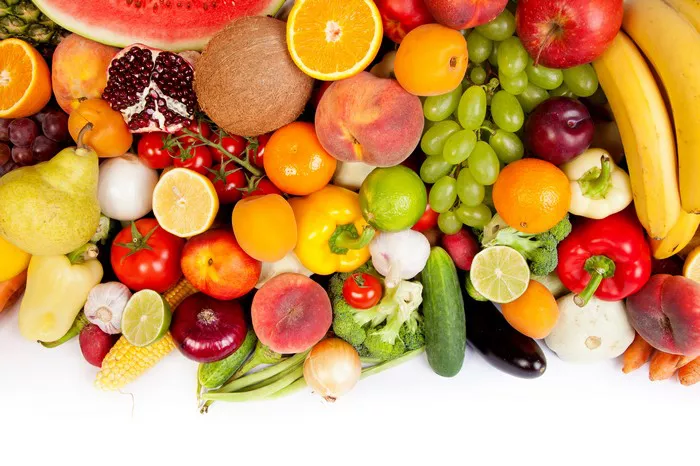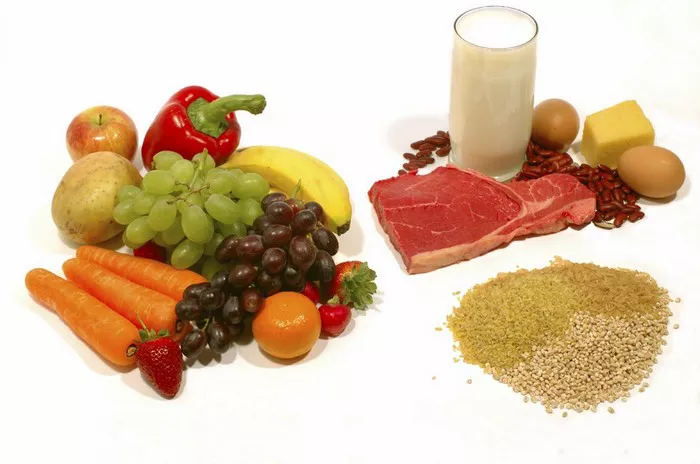Protein, often hailed as the building block of life, plays a crucial role in maintaining our overall health and well-being. From aiding in muscle repair and growth to supporting immune function and hormone production, protein is undeniably essential. However, not all protein sources are created equal. The quest for the best source of protein is a common concern among health-conscious individuals and athletes alike. In this article, we will explore the world of protein, dissect various sources, and uncover the ultimate choices for your dietary needs.
Understanding Protein: Nature’s Multifaceted Molecule
Before delving into the array of protein sources available, it’s important to grasp the significance of protein in our diet. Proteins are composed of amino acids, often referred to as the “building blocks of protein.” There are nine essential amino acids that our bodies cannot produce on their own, making it crucial to obtain them from dietary sources.
Protein’s multifaceted nature extends beyond its role in muscle development. It participates in enzymatic reactions, transports molecules within our bodies, and aids in repairing damaged tissues. Moreover, protein is essential for producing antibodies that bolster our immune system, and hormones that regulate various bodily functions.
Exploring Different Protein Sources
When it comes to incorporating protein into our diets, diversity is key. Different protein sources offer unique combinations of amino acids and other nutrients that contribute to our overall health. Let’s dive into some of the top protein sources:
1. Lean Meat and Poultry: Lean meats such as chicken, turkey, and lean cuts of beef are excellent sources of high-quality protein. They are low in fat and rich in essential amino acids, making them a staple for those aiming to build and maintain muscle mass.
2. Fish and Seafood: Fish like salmon, tuna, and trout are not only rich in protein but also packed with omega-3 fatty acids, which support heart health and reduce inflammation. These nutrient powerhouses are ideal for those seeking a holistic approach to their protein intake.
3. Eggs: Often dubbed nature’s perfect protein, eggs contain all nine essential amino acids. Additionally, they are rich in vitamins and minerals, including B vitamins and choline, which play a vital role in brain health.
4. Plant-Based Options: For those following a vegetarian or vegan diet, plant-based protein sources offer a treasure trove of benefits. Legumes such as lentils, chickpeas, and black beans are not only protein-rich but also high in fiber, aiding digestion and promoting a feeling of fullness. Tofu and tempeh, both derived from soybeans, are versatile protein sources that can be incorporated into a variety of dishes.
5. Dairy Products: Dairy products like Greek yogurt and cottage cheese are brimming with protein and calcium, essential for maintaining strong bones and teeth. Greek yogurt, in particular, contains probiotics that support gut health.
6. Nuts and Seeds: Almonds, peanuts, chia seeds, and pumpkin seeds are examples of plant-based protein sources that also provide healthy fats and various vitamins and minerals. They are great for snacking and can be added to salads, yogurt, or smoothies.
7. Quinoa: This ancient grain is a complete protein source, containing all nine essential amino acids. It’s an excellent alternative to traditional grains and is gluten-free, making it suitable for individuals with dietary restrictions.
8. Protein Supplements: In some cases, meeting protein needs solely through whole foods might be challenging. Protein supplements, such as whey, casein, and plant-based powders, can provide a convenient option to fill in the gaps. However, it’s important to view these supplements as just that – supplements – and not rely on them as the primary source of protein.
Choosing the Best Source: Factors to Consider
Selecting the best source of protein depends on various factors, including dietary preferences, health goals, and individual needs. Here are some considerations to keep in mind when making your choices:
1. Complete vs. Incomplete Proteins: Animal-based sources such as meat, poultry, fish, and eggs are complete proteins, containing all essential amino acids in adequate proportions. Plant-based sources, on the other hand, are often incomplete and may need to be combined to ensure a balanced amino acid profile.
2. Nutrient Density: Beyond protein content, it’s important to consider the overall nutrient package. Foods like fish, eggs, and nuts bring a wealth of vitamins, minerals, and healthy fats to the table, enhancing their nutritional value.
3. Dietary Restrictions: Individuals with dietary restrictions, such as vegetarians or those with lactose intolerance, should be mindful of protein sources that align with their dietary choices and needs.
4. Sustainability: Choosing protein sources that have a lower environmental impact is increasingly important. Opting for sustainably sourced fish, plant-based proteins, and locally raised meats can contribute to a more eco-friendly diet.
5. Preparation and Cooking Methods: How you prepare and cook your protein sources can impact their nutritional content. Grilling, baking, steaming, or sautéing are generally healthier options compared to deep-frying.
Conclusion
There is no one-size-fits-all answer to the question of the best source of protein. The key lies in a balanced approach that incorporates a variety of protein sources to meet individual needs. By diversifying your protein intake, you can ensure a well-rounded array of amino acids, vitamins, minerals, and other essential nutrients. Remember that protein is just one component of a healthy diet; a holistic approach that includes a mix of carbohydrates, healthy fats, and fiber-rich foods is crucial for overall well-being.
As you embark on your journey to optimize your protein intake, consider consulting a registered dietitian or nutritionist. These professionals can provide personalized guidance tailored to your goals and dietary preferences. Ultimately, the best source of protein is the one that aligns with your unique needs, supports your health aspirations, and brings you joy in the process of nourishing your body.



























